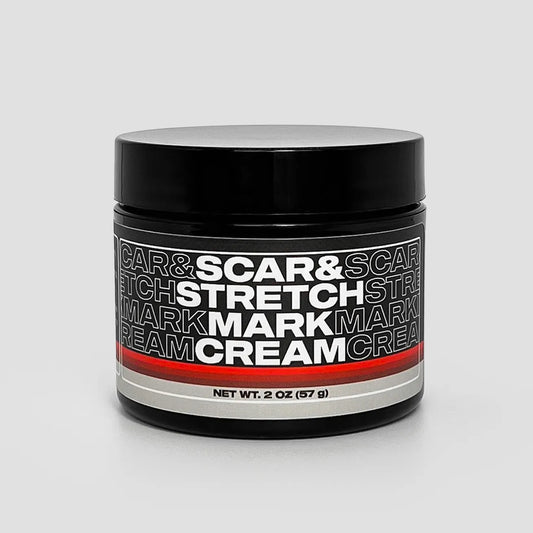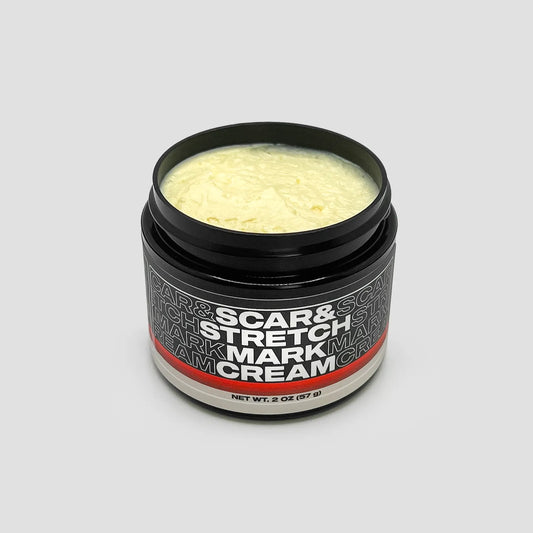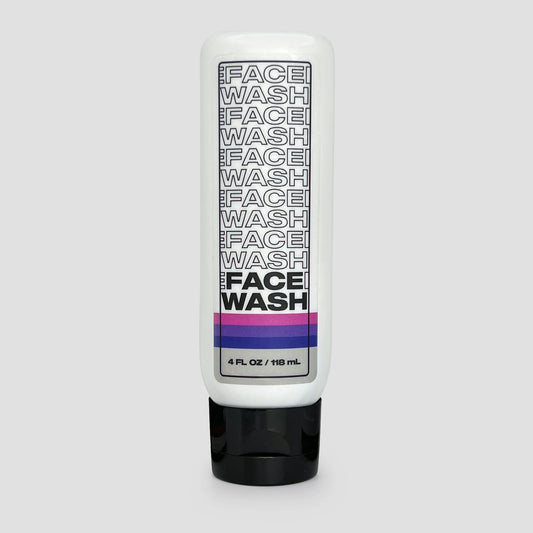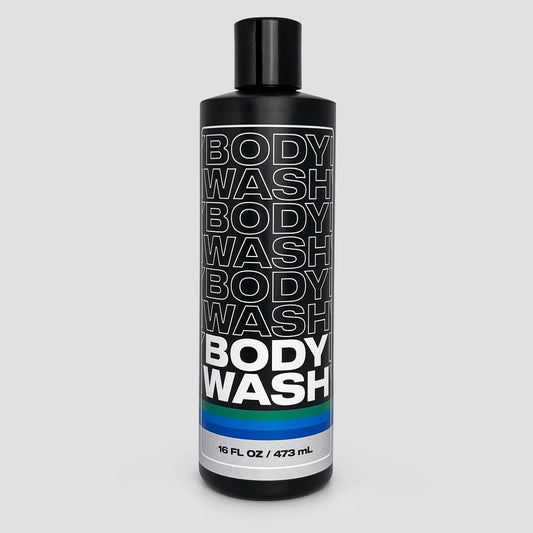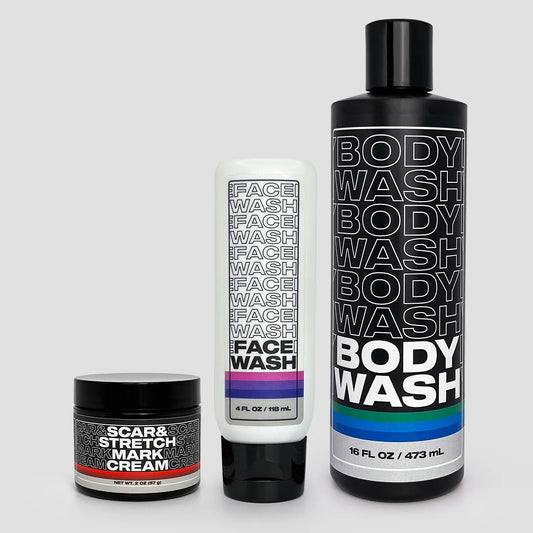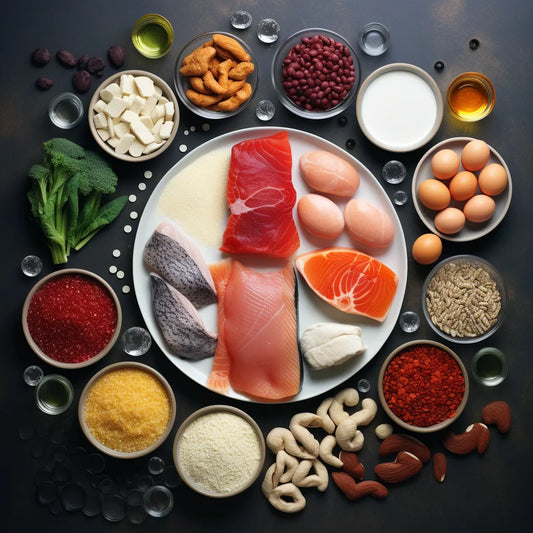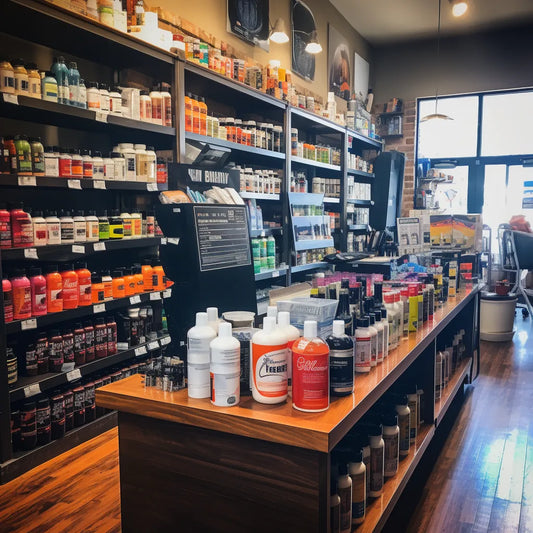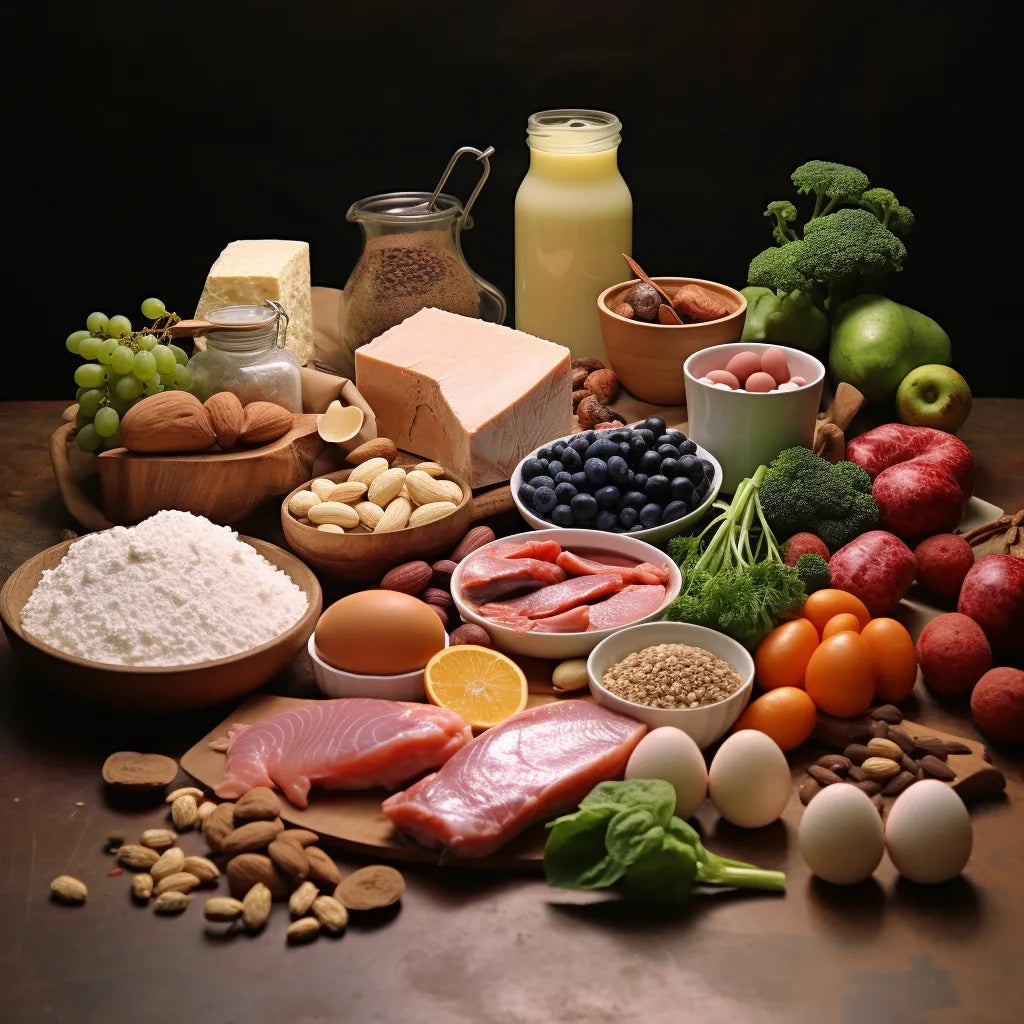

You've been putting in the hours at the gym and the results are showing. Your guns are bulking up and you are starting to fill out your shirts. But with all the talk about protein shakes and mass gainers, you're wondering – what’s the best supplement to fuel my workouts?
Amid the myriad options, two have stood out – pea protein and mass gainers. But which one should you go for?
Through this post, we’re going to dive deep into the world of proteins and see if we can settle the Pea Protein vs Mass Gainer debate once and for all.
By the end of it, you should be more informed about how each supplement can serve your fitness goals.
What is Pea Protein?
Pea protein comes from yellow split peas. It's a high-quality alternative to popular dairy-based proteins. It’s packed with BCAAs (branched-chain amino acids), which are essential for muscle growth and recovery. Plus, It’s also hypoallergenic, easily digestible, and a great option for vegans.
What is a Mass Gainer?
A mass gainer is a supplement designed to help you gain muscle mass. It's high in protein and carbohydrates, supplying the body with energy and nutrients necessary for muscle recovery and growth. Mass gainers are often utilized by bodybuilders or those who struggle to meet their daily calorie requirements through food alone.
How to Choose Between Pea Protein and Mass Gainer?
Now that we understand what both pea protein and mass gainers are, let's look at how you can decide between them.
1. Understand Your Dietary Needs
Before choosing a supplement, you need to understand your dietary requirements which vary based on your activity level, body composition, and fitness goals. If you're aiming to bulk up significantly, a mass gainer might be what you need. If you're simply looking to improve muscle recovery and growth, pea protein could be sufficient.
2. Consider Your Dietary Restrictions
If you have specific dietary restrictions or preferences like a plant-based or lactose-free diet, pea protein would be a more suitable choice. Alternatively, mass gainers often contain dairy and are not usually suitable for those with lactose intolerance or follow a vegan diet. Always check the label for ingredients.
3. Factor in Your Budget
Budget is a key consideration. Generally, mass gainers tend to be more expensive than pea protein. Depending on your financial plan, one may be more sustainable than the other in the long run. Always compare prices and quantities before making a purchase.
Can I use both Pea Protein and Mass Gainer?
Absolutely. Some fitness enthusiasts and athletes use a combination of both to meet their nutritional needs. They might have a pea protein shake as a post-workout recovery aid, and use a mass gainer shake as an additional meal to up their calorie intake.
Are there any Side Effects of these supplements?
As with all supplements, both mass gainers and pea protein may cause side effects for some users. Overconsumption of mass gainers can lead to excess weight gain. It is recommended to consult with a health professional before beginning any new supplement routine.
Unleash Your Hidden Muscle Power
We hope that you now have a better understanding of the pea protein vs mass gainer debate. The key is to choose a supplement that aligns with your fitness goals, dietary needs, and budget. Remember, these supplements are designed to complement your diet and exercise routine, not replace them.
Powering Up with Protein
- Pea Protein: For natural, plant-based muscle recovery and growth.
- Mass Gainer: For high energy, nutrient-rich muscle mass development.
Whatever your choice, remember to pair it with a balanced diet, effective workout routine, and of course, a reliable skincare regiment. Because confidence radiates from within, and with the right care, you can shine on the outside too.
